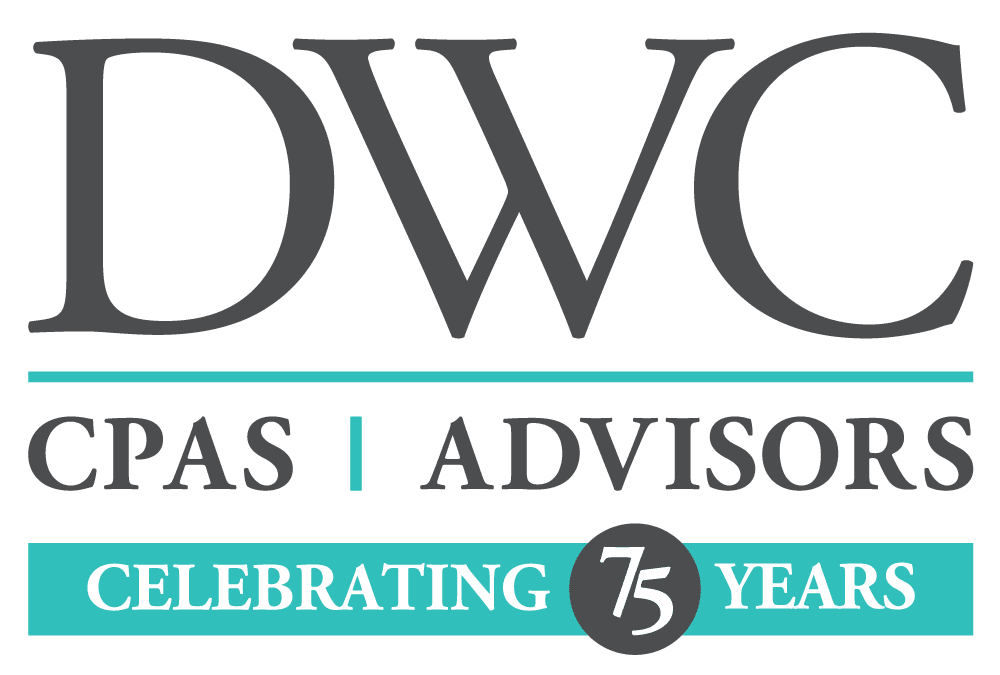Selling a business is no minimal undertaking. The steps to sell your business should be considered carefully with your legal and financial professional team. The structure of your business sale can have a significant impact on your tax liability. In this article, I will discuss considerations as you prepare to sell your business, particularly in the context of a business structured as an “S” corporation.
Determining Sales Price
Calculating a fair sales price may be done with the assistance of a Certified Valuation Analyst (CVA) or someone accredited in business valuation (ABV), who will utilize one or more of the three approaches below:
- Asset-Based Approach: calculate value of each asset and liability. This approach is useful for businesses with investment holdings, are asset intensive, undergoing liquidation, or for those with non-operating assets.
- Market Approach: calculate value of the business based on value of stock in comparable companies.
- Income Approach: calculate value by capitalizing cash flows or discounting expected future earnings. This is generally considered the best estimate for a business as a going concern because it considers future cash flows associated with the business assets.
Though you have options in determining how to value your business, a CVA or ABV is the best way to ensure that the value is accurate and reasonable to provide the best value for your money. There are other options to determine a sales price, such as any amount a willing buyer and seller agree upon or using various earnings multiples by industry. If you aren’t able to sell at your desired price point, there are other options to explore such as working as an employee of the business after the sale to supplement income.
Listing the Business for Sale
The next step is finding a buyer. This step is not necessary if you have an individual close to you who will buy the business, such as a family member, friend or employee. If that is not an option, you could engage a business broker to list your business for sale at a cost of typically five to ten percent of the sales price. Brokers have access to networks to locate buyers, and may help buyers determine financing options.
Structuring the Business Sale
As an “S” corporation seller, you have a couple of ways to structure the sale:
- Sale of stock: As the seller, this is the most advantageous structure from a tax standpoint. This structure results in the associated gains being taxed at capital gains rates. If you are in a 37% ordinary income tax bracket, pushing income to a 20% capital gains bracket can result in significant tax savings. Unfortunately, most buyers will not agree to purchase stock, as this entails purchasing the business in its entirety. Buyers are wary of potential unrecorded liabilities and the unavailability of future deductions through depreciation and amortization that an asset sale allows.
- Sale of assets: Under this more common method, the buyer is treated as purchasing all of the business assets. The buyer usually starts a new entity to hold the assets. The seller is likely left with an empty “shell company” that would then be shut down after liabilities have been tended to. As the seller, your goal is to maximize the purchase price allocation to goodwill, because it is not subject to ordinary income recapture. This will be a negotiating point, as the buyer has the opposite goal: assign as much purchase price to equipment, which has a shorter depreciable life.
- Installment sale method: This method is available under both the stock and asset sale method. Under this method, the seller acts as a lender to the buyer. This method is tax advantageous as the seller recognizes only payments they collected for the year as income. This may prevent the seller from bumping into the highest tax bracket in the year of sale. Note, however, that gains do have to be recognized in the year of sale to the extent there is depreciation recapture under the asset sale method.
Other Considerations
When you get serious about selling your business, it is important to engage an attorney, CPA, CVA, or ABV to assist you through the process. They will provide you with personalized advice and ensure other important considerations are not overlooked.
Dalby Wendland can assist you through your business succession planning and sale transition. Reach out to one of our offices to schedule a consultation.
Grand Junction (970) 243-1921
Glenwood Springs (970) 945-8575
Montrose (970) 249-7701
Paige Curtiss, CPA, started with Dalby Wendland’s Grand Junction tax team in January of 2018. As a senior accountant, she assists individuals and businesses with income tax preparation. She is a member of the American Institute of CPAs, Colorado Society of CPAs, and supports businesses and the community as a Grand Junction Chamber Diplomat. She attained a master’s degree in accounting from the University of Wyoming in Laramie.




